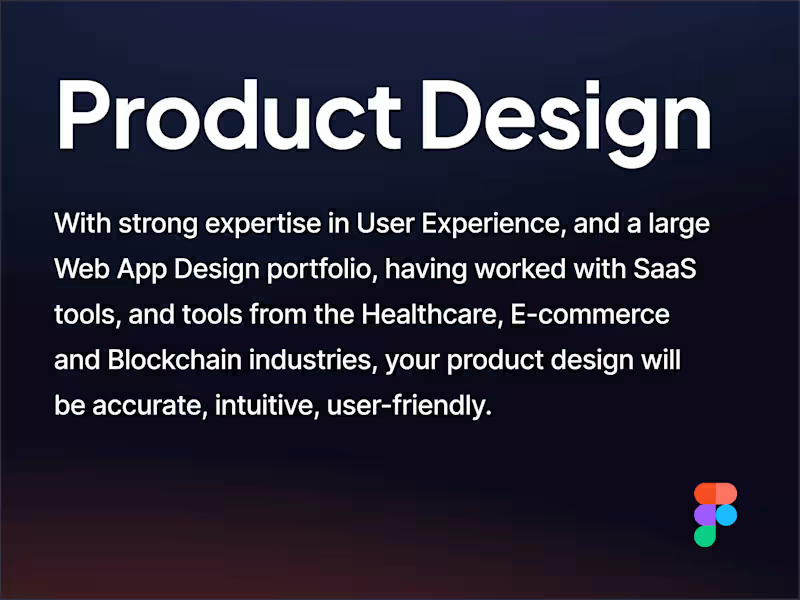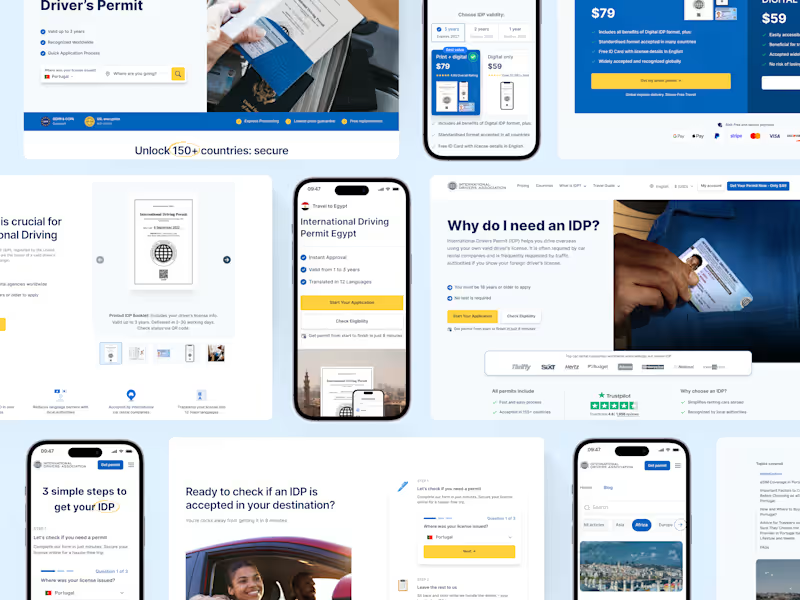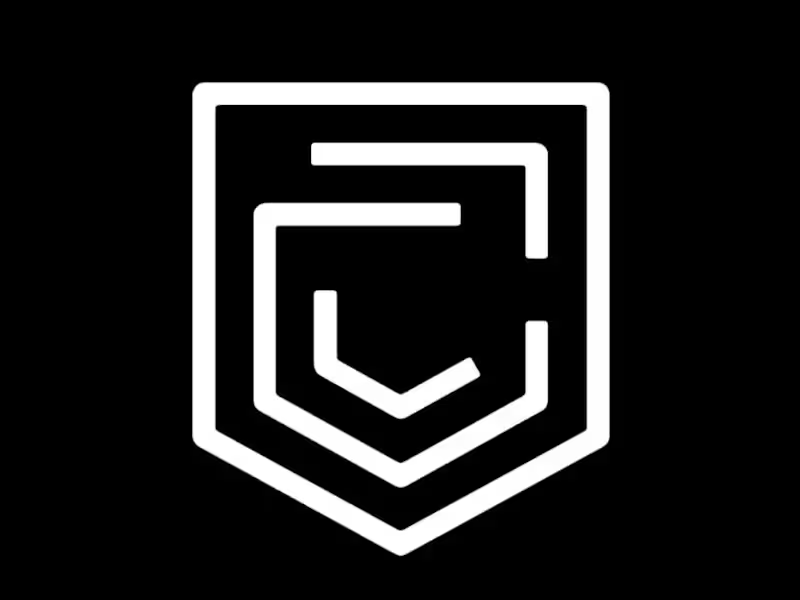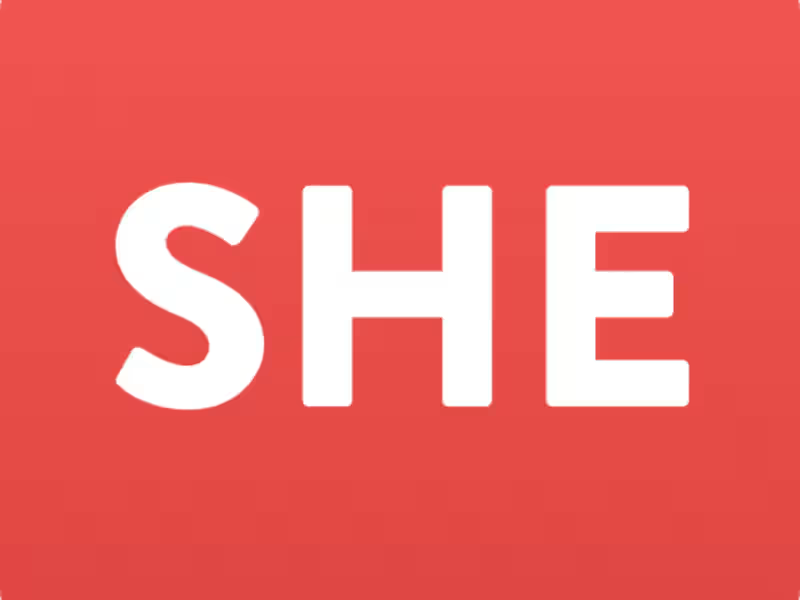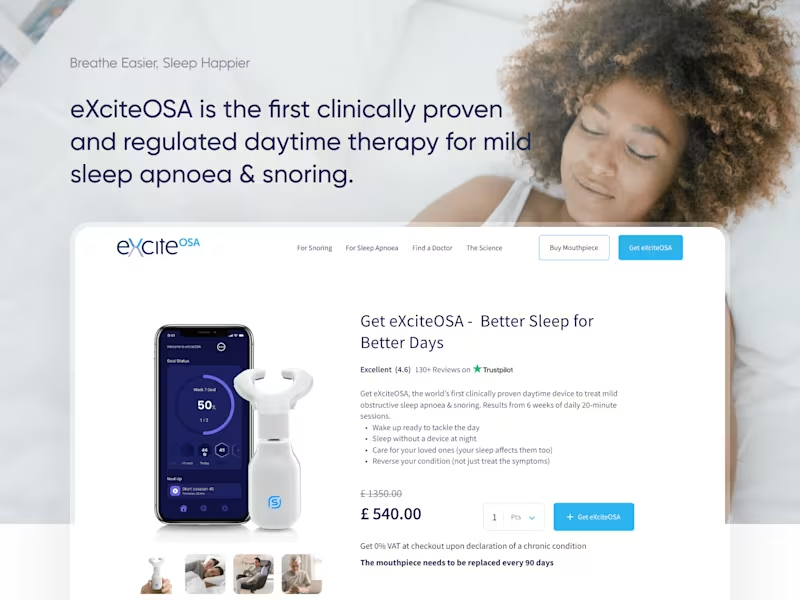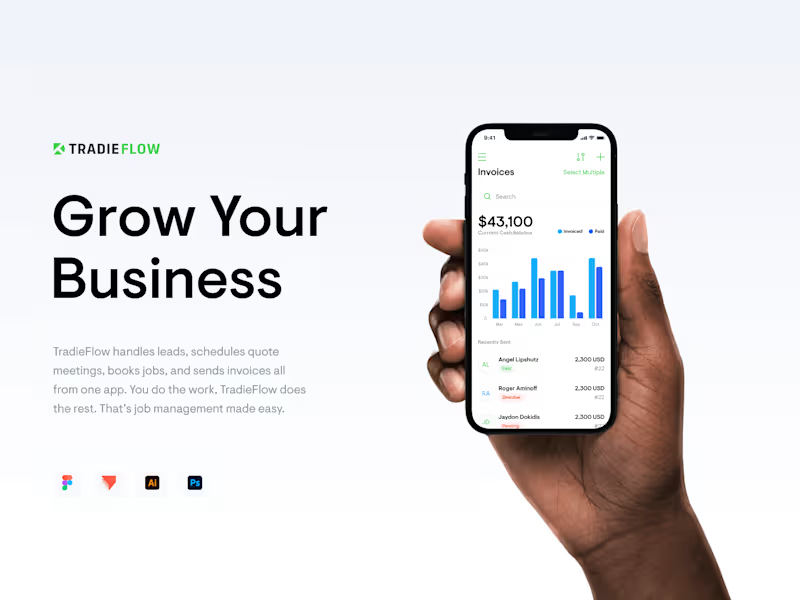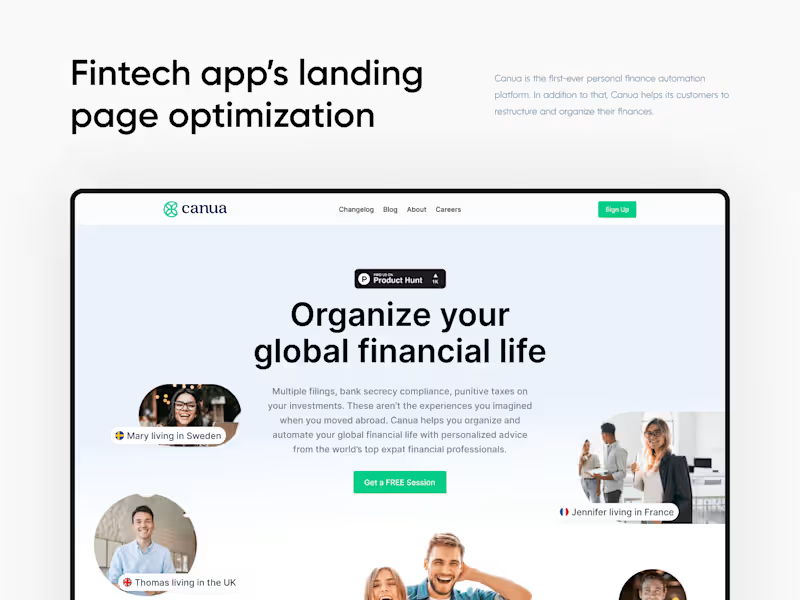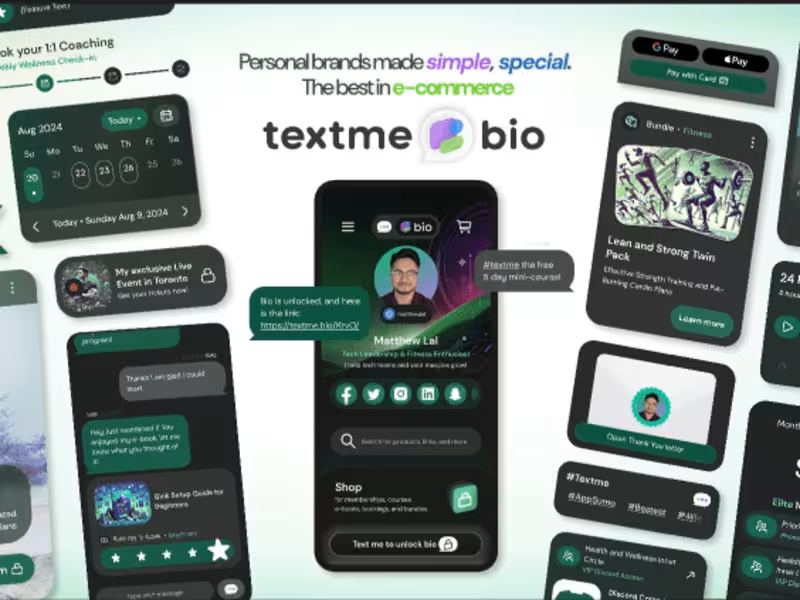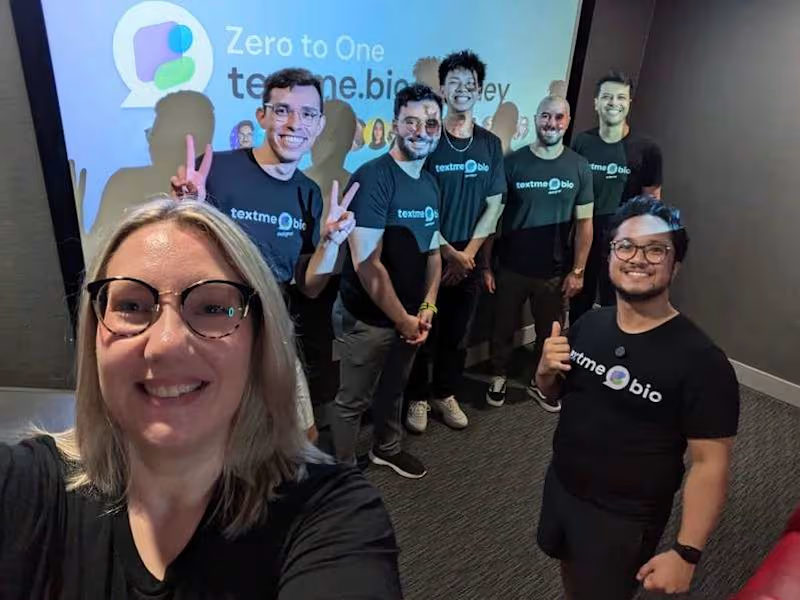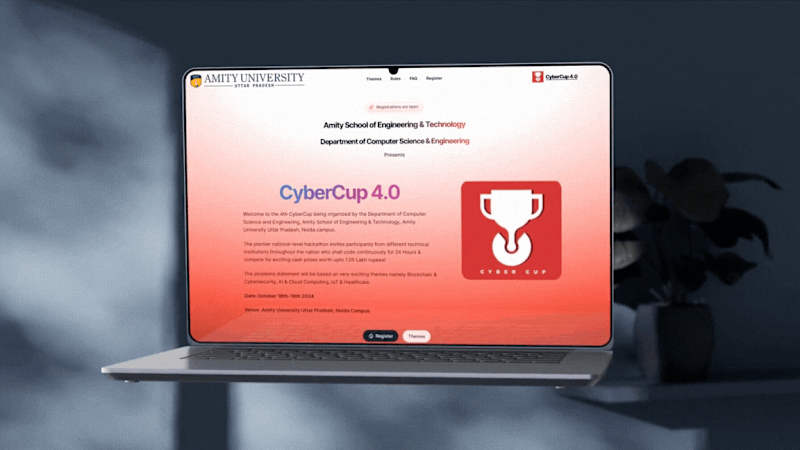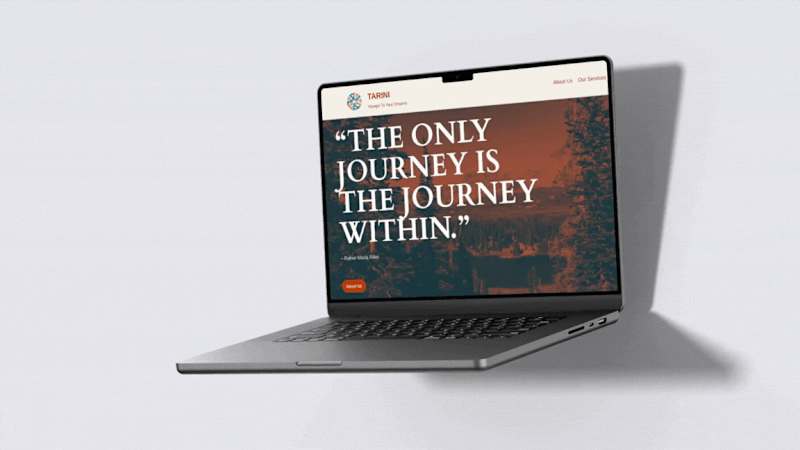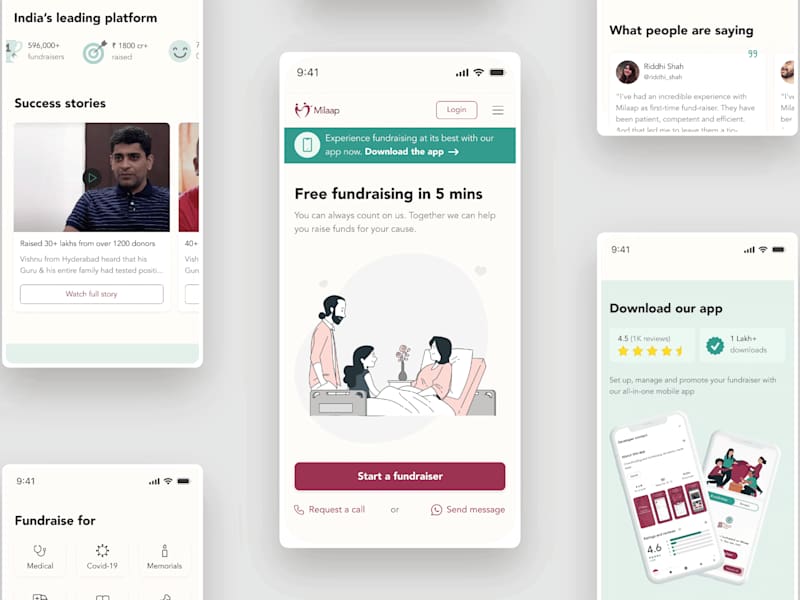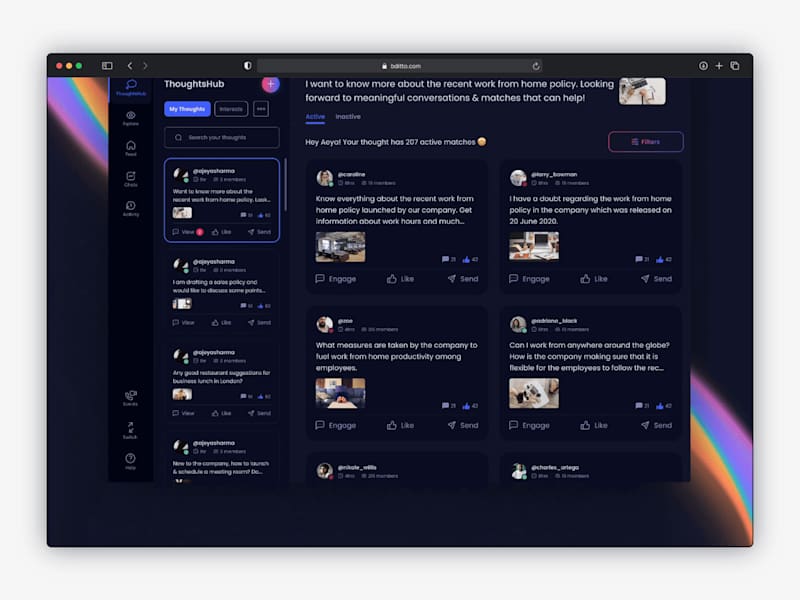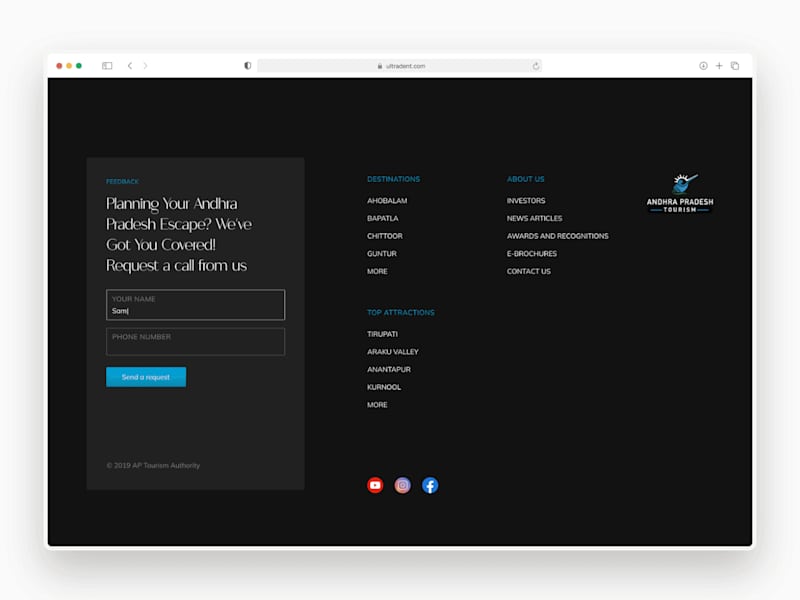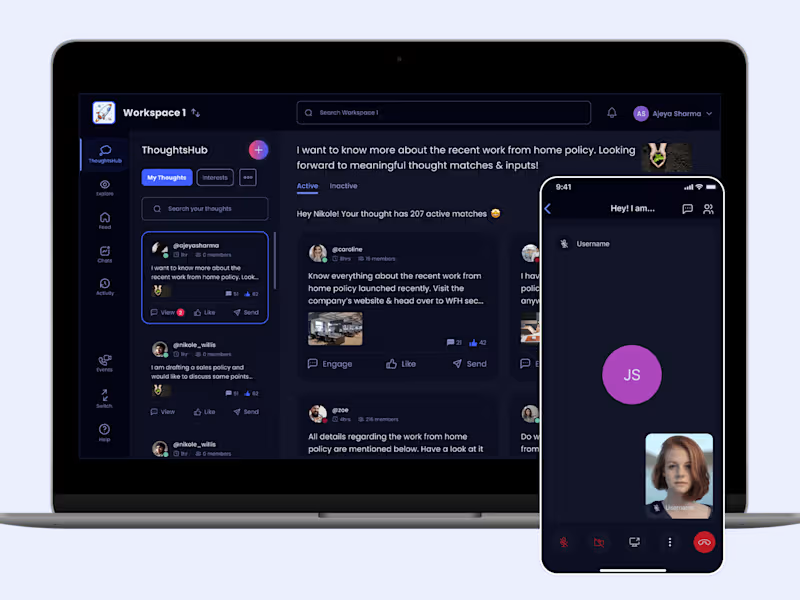Additional resources
What Are PostHog Freelancers
Product Analytics Implementation Specialists
Event Tracking Architecture Experts
Dashboard and Visualization Developers
Essential Skills to Look for in PostHog Freelancers
Event Tracking and Data Architecture
Funnel Analysis and Retention Metrics
A/B Testing and Experimentation
Cross-Platform Integration Capabilities
Types of PostHog Projects and Services
Basic Setup and Configuration
Custom Dashboard Development
Data Automation and Workflow Creation
Advanced Analytics Implementation
How to Evaluate PostHog Expertise
Technical Proficiency Assessment Methods
Portfolio Review Criteria
Relevant Certifications and Training
Practical Testing Approaches
PostHog Freelancer Pricing Models
Hourly Rate Structures
Fixed-Price Project Costs
Milestone-Based Payment Options
Budget Considerations for Different Project Scopes
Working Successfully with PostHog Freelancers
Setting Clear Project Objectives
Communication Best Practices
Agile Collaboration Methods
Documentation Requirements
PostHog Integration Capabilities
BigQuery and Data Warehouse Connections
Google Tag Manager Implementation
Automation Tool Integration (n8n, Zapier)
Third-Party Analytics Platform Migration
Security and Compliance Requirements
Data Privacy Standards
SOC 2 and GDPR Compliance
Access Control and Authentication
Self-Hosting Considerations
Common Challenges When Hiring PostHog Freelancers
Finding Full-Stack Analytics Experts
Managing Remote Collaboration
Time Zone and Communication Issues
Quality vs. Cost Trade-offs
Contract PostHog Developers vs. Consultants
Short-Term Implementation Projects
Long-Term Analytics Support
Strategic Consulting Services
Hybrid Engagement Models
PostHog Specialists for Specific Industries
E-commerce Analytics Implementation
SaaS Product Analytics
Mobile App Tracking
B2B Analytics Requirements
Building Long-Term Relationships with PostHog Professionals
Retainer Agreements
Knowledge Transfer Processes
Continuous Improvement Strategies
Performance Evaluation Methods




























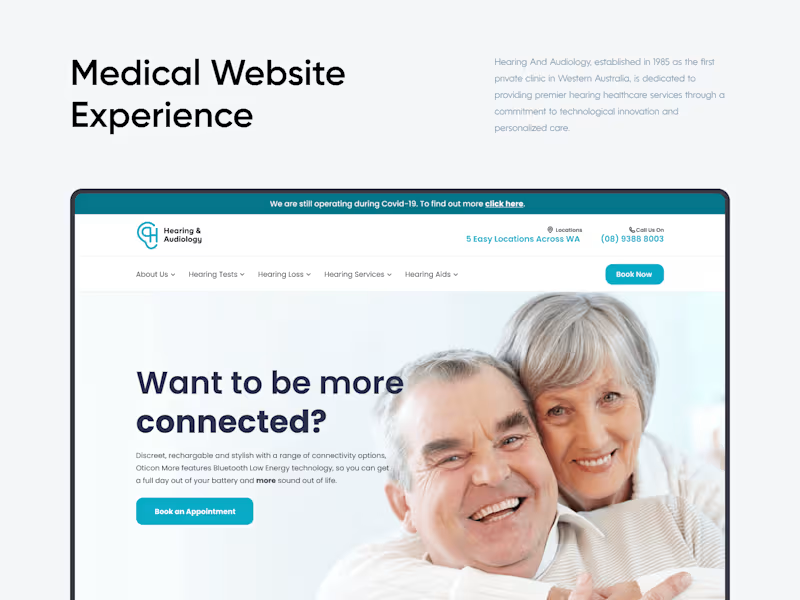
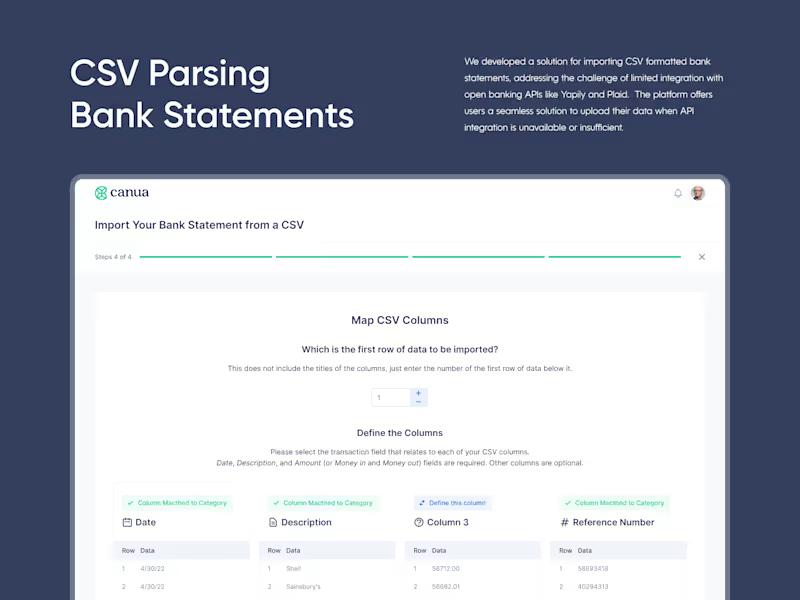
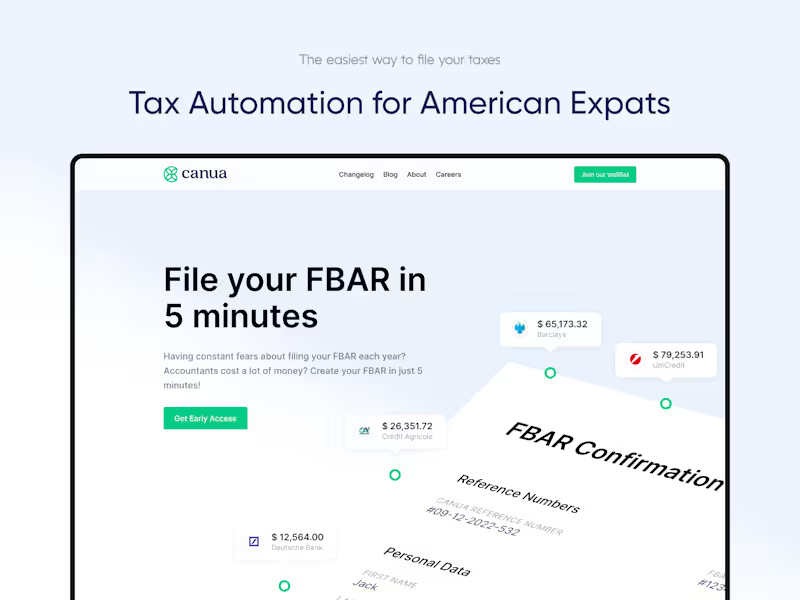
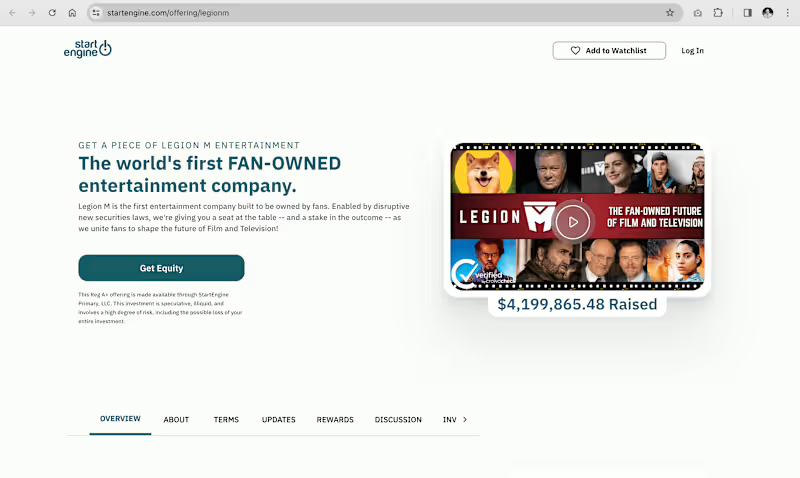
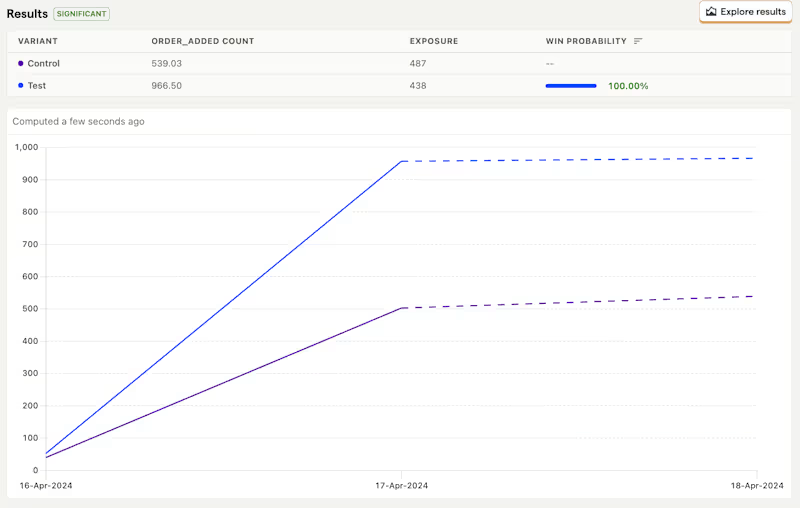



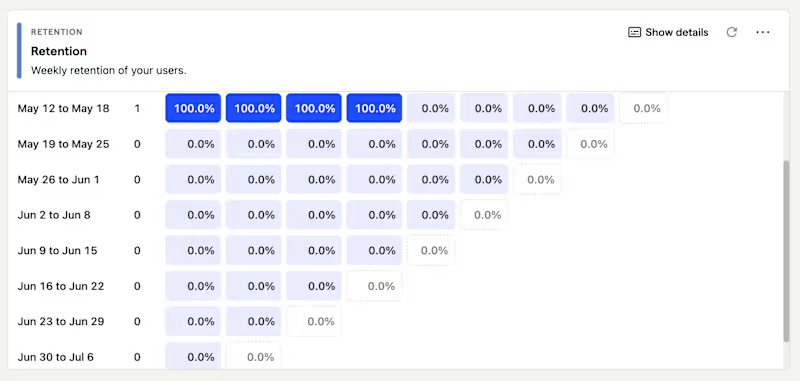
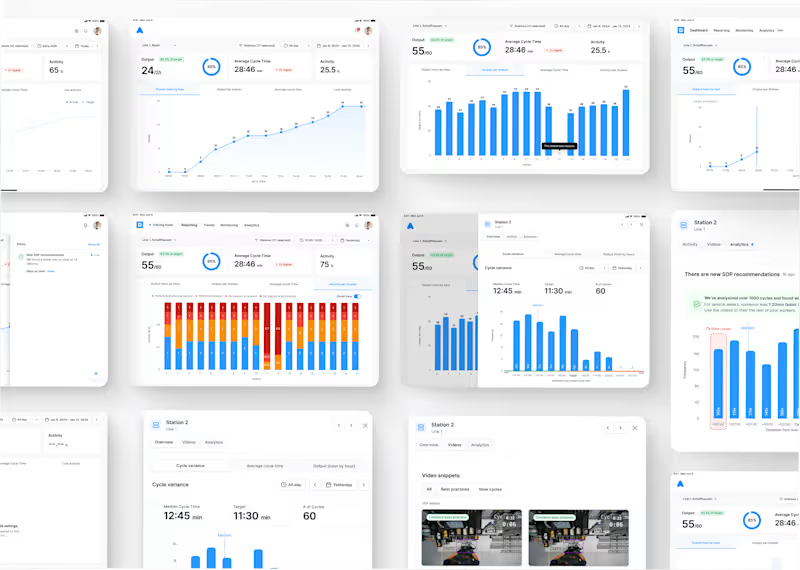

![Cover image for [Case Studies] How I helped startups with product growth](https://media.contra.com/image/upload/w_800,q_auto/uxiibfbxkk1up1hgpv6k.avif)
